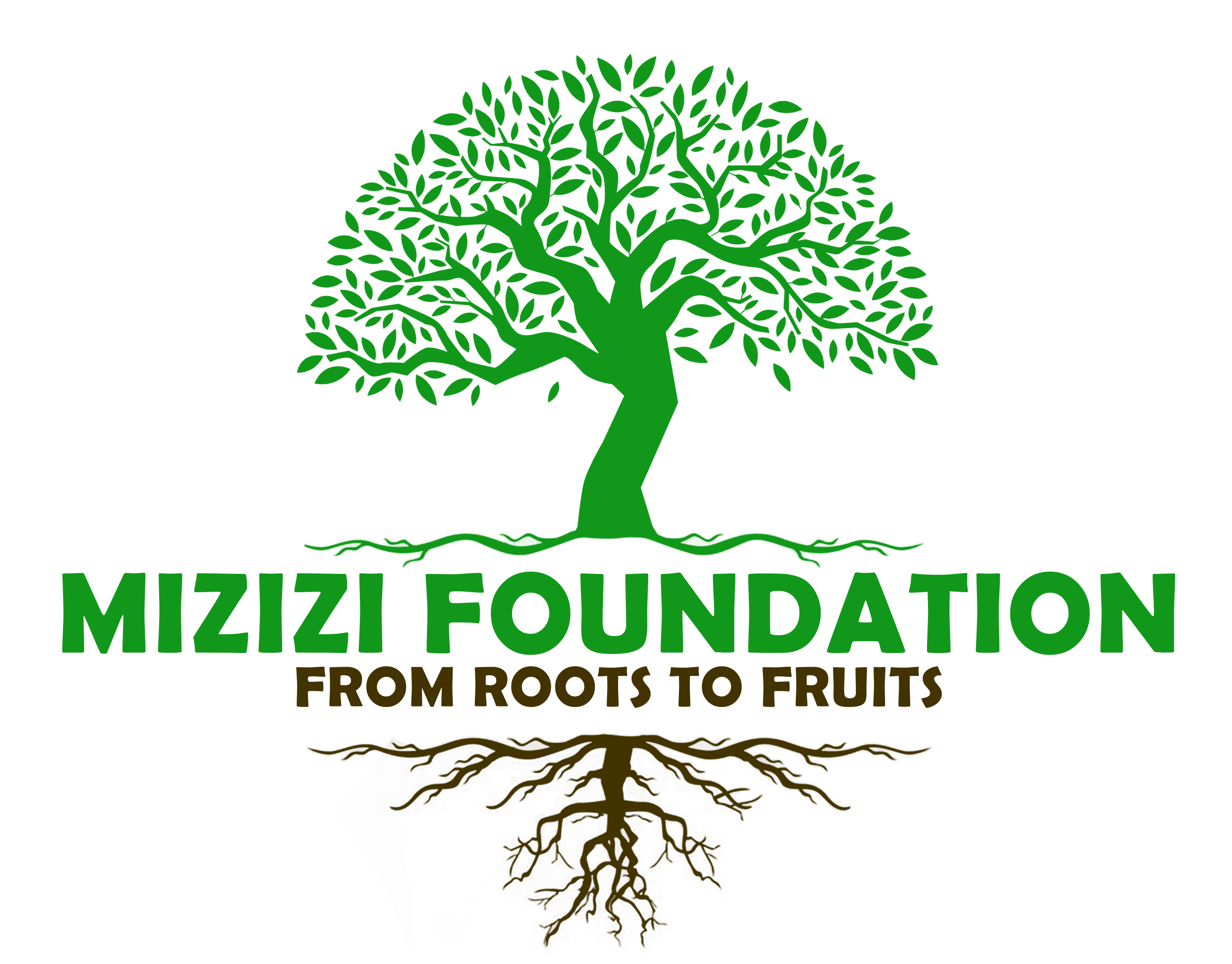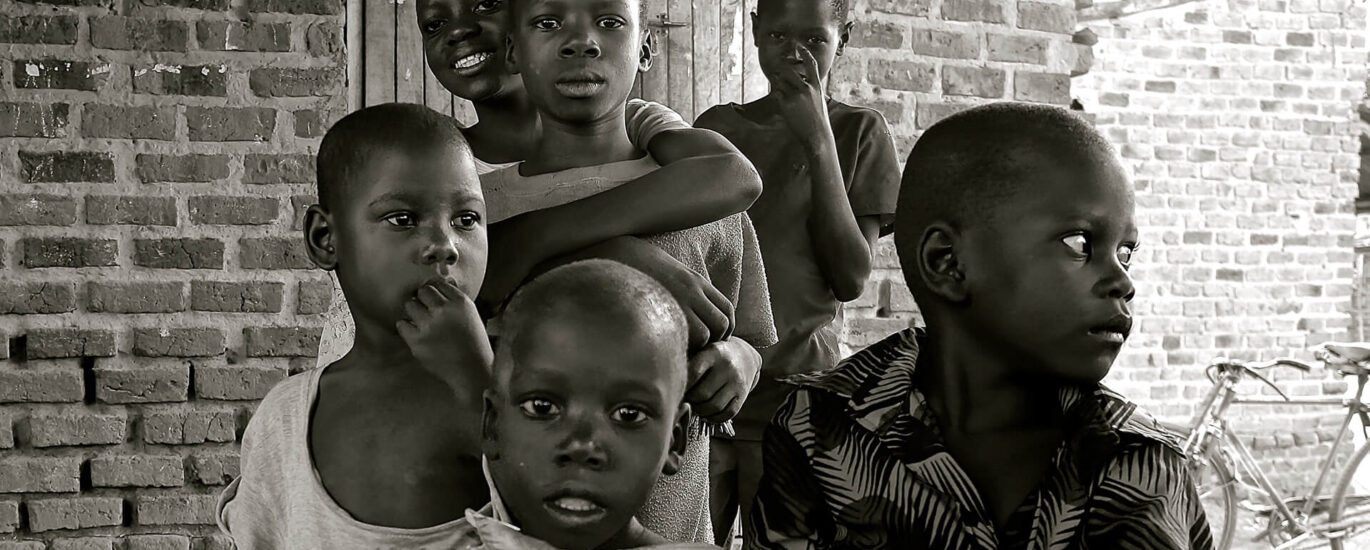Donating to reduce poverty is not just an act of charity; it is a pivotal contribution towards creating a world where opportunities and resources are distributed more equitably. Poverty is a multifaceted social challenge that not only deprives individuals of basic needs but also thwarts their potential to contribute meaningfully to society. By donating to causes and programs aimed at poverty alleviation, we become agents of change who foster hope, dignity, and empowerment among those who need it most.
Firstly, when we donate to reduce poverty, we are essentially ensuring that basic needs such as food, shelter, and clothing reach those who lack them. These are fundamental requirements for human survival and dignity. No person should go to bed hungry or sleep without a roof over their head. Our donations to food banks, shelters, and clothing drives help bridge this gap, providing immediate relief to those in dire circumstances.
Secondly, donations can be instrumental in offering educational opportunities to the underprivileged. Education is often cited as the key to breaking the cycle of poverty. Through scholarships, school supplies, and educational programs, donations can unlock the doors of learning for many. When a child from a poverty-stricken background receives education, it increases their prospects of securing employment and elevating their socio-economic status in the future.
Additionally, donating to vocational training and skill development programs is a sustainable way to combat poverty. Not everyone may have the means or inclination for formal education. Vocational training in trades such as carpentry, sewing, or plumbing can provide individuals with the skills needed to earn a livelihood. This form of donation is akin to the adage, “Give a man a fish, and you feed him for a day. Teach a man to fish, and you feed him for a lifetime.”
Furthermore, donations to microfinance institutions and programs that provide small loans to aspiring entrepreneurs in impoverished communities can have a transformative effect. These small loans often serve as seed capital for setting up businesses that can, in turn, employ others, creating a ripple effect of economic activity and prosperity.
In conclusion, donating to reduce poverty is a moral imperative in a world abundant with resources. It is a reflection of our shared humanity and a recognition that the welfare of one is intertwined with the welfare of all. Through thoughtful and targeted donations, we have the power to lift individuals out of poverty, and in doing so, we weave a social tapestry that is more inclusive, compassionate, and prosperous. Our donations are not just funds; they are lifelines of hope and vehicles of change.






